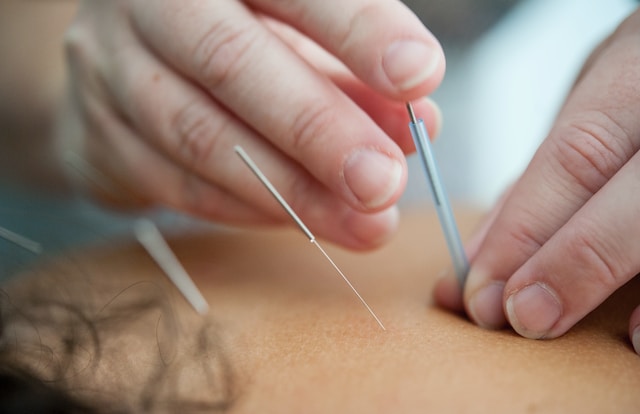
12 Jun Acupuncture in Treating Depression and Anxiety By William Chang
Acupuncture is a form of alternative medicine that originated in China more than 2000 years ago. It involves the insertion of thin needles into specific points in the body to stimulate the body’s natural healing processes. While acupuncture has long been used to treat physical ailments, it is increasingly being used in the treatment of mental health conditions such as anxiety and depression. In this article, we will explore the use of acupuncture in treating depression and anxiety.
Depression and Anxiety- A Growing Concern
Depression and anxiety are two of the most common mental health conditions in the world today. According to statistics, approximately one in four adults will experience some form of mental health condition in their lifetime, with anxiety and depression being at the top of the list. These conditions are characterized by persistent feelings of sadness, hopelessness, fear, and worry, and can cause significant impairment in an individual’s daily life.
Conventional Treatment Options
Conventional treatment options for depression and anxiety include medications, therapy, and lifestyle changes. While these treatments can be effective for many people, they are not without their drawbacks. Medications can have side effects, and some people may not respond well to therapy. Moreover, the stigma associated with mental health conditions can make it difficult for people to seek help or speak openly about their experiences.
Acupuncture- A Promising Alternative
Acupuncture is a promising alternative to conventional treatments for depression and anxiety. According to traditional Chinese medicine, the body has twelve meridians, or energy pathways, and when these meridians are blocked, it can lead to physical and emotional illnesses. The insertion of fine needles into specific points along these meridians can help to unblock the energy flow, thereby improving physical and emotional health.
Scientific Evidence
There is a growing body of scientific evidence supporting the use of acupuncture in the treatment of depression and anxiety. In a study conducted by researchers at the University of York, UK, participants who underwent acupuncture treatment showed a reduction in depression and anxiety symptoms compared to those who did not receive acupuncture. Another study conducted by researchers at the University of Arizona found that acupuncture improved the symptoms of depression in patients with chronic pain.
How Acupuncture Works
While the exact mechanism by which acupuncture works is not fully understood, there are several theories. It is believed that acupuncture may stimulate the release of neurotransmitters such as serotonin and ndorphins, which are known to alleviate depression and anxiety symptoms. Additionally, acupuncture may help to regulate the body’s stress response, which can be helpful in managing anxiety.
In conclusion, acupuncture is a promising alternative to conventional treatments for depression and anxiety. While more research is needed to fully understand how acupuncture works and its effectiveness, the growing body of evidence suggests that it can be helpful in managing these conditions. With its low-risk nature, it is a safe and non-invasive option for those looking for alternative treatments.




No Comments